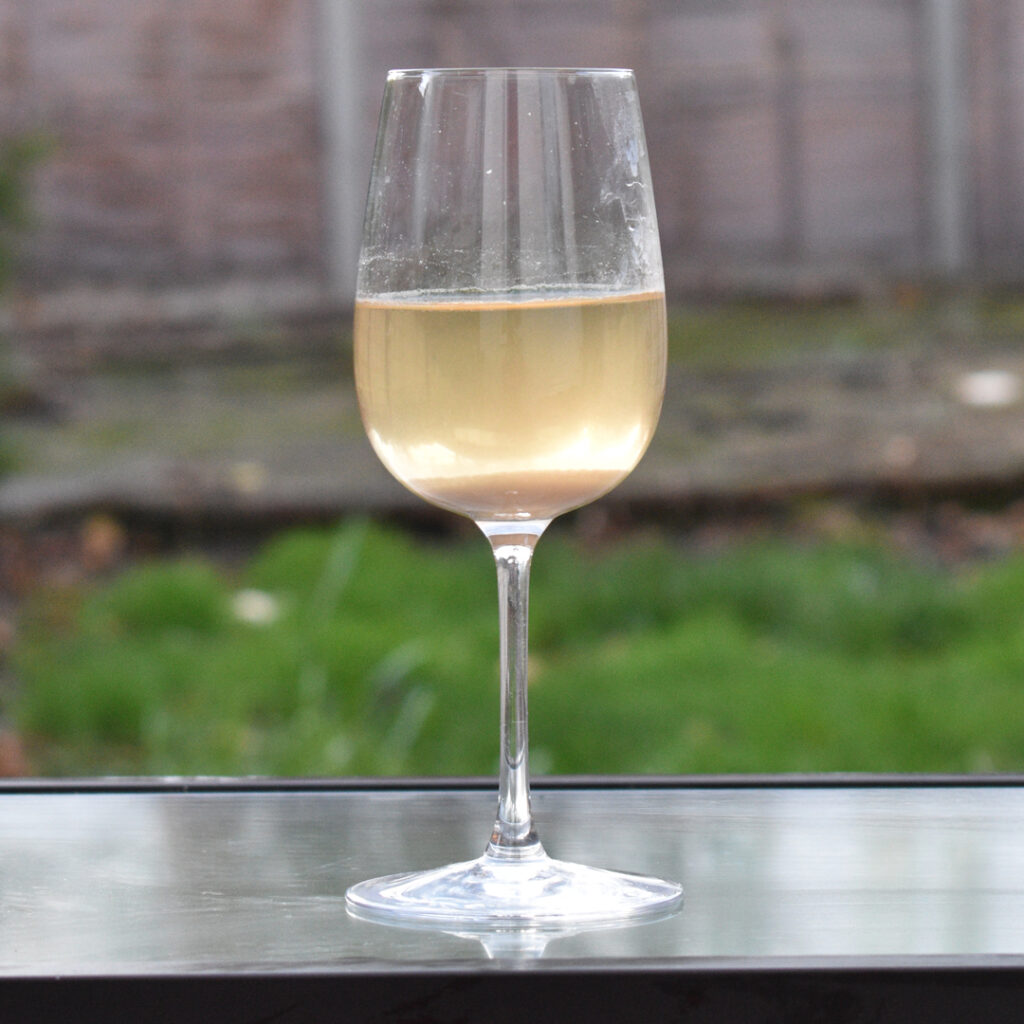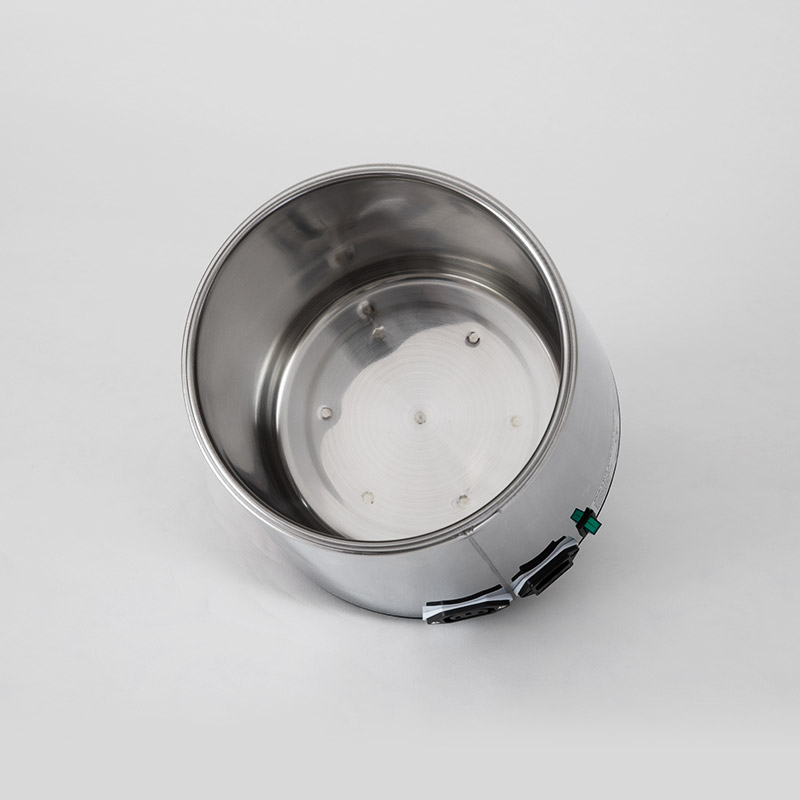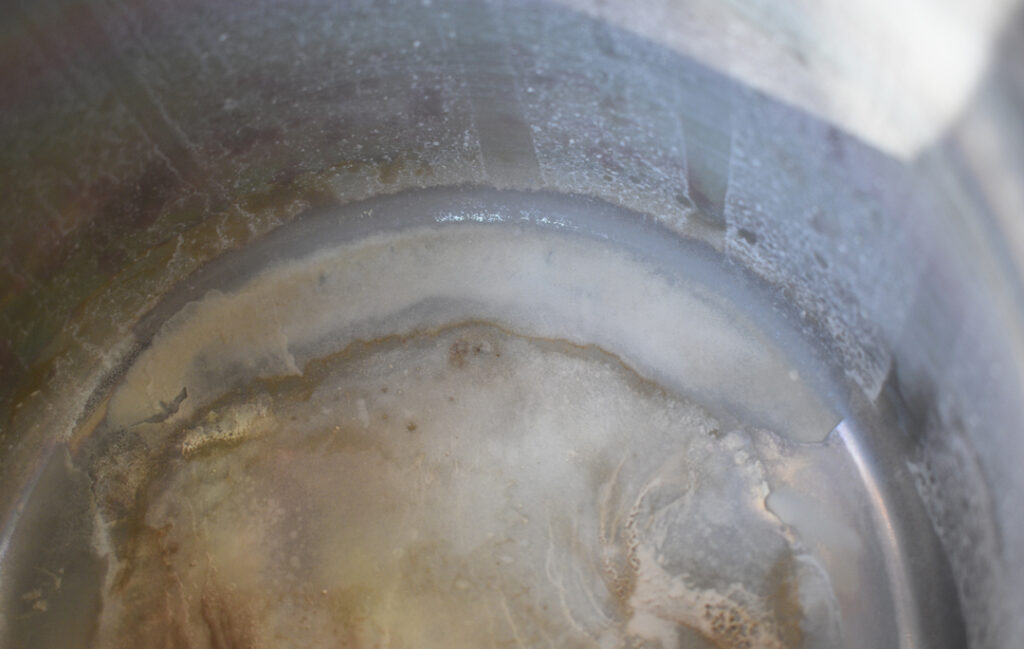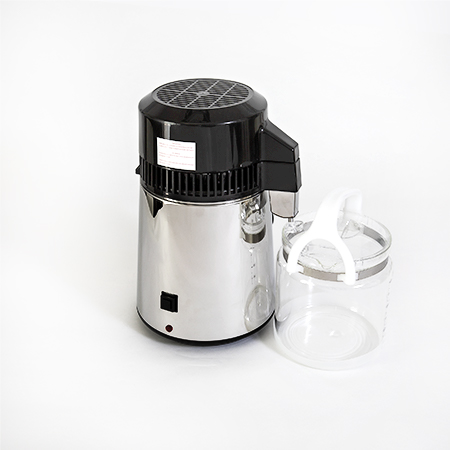A quick article on the state of London’s tap water.
Trying to answer the question once and for all: is tap water safe to drink?
Let’s start of with some guidelines from the NHS and the European Food Safety Authority (Europeans, what do they know anyway?)
According to the European Food Safety Authority and by the NHS, ‘the adequate daily fluid intakes vary between 1.6-2.5 litres a day‘. For convenience let’s say we should drink an average of 2 litres a day: that’s 8 litres every 4 days.
Why am I saying this? A water distiller makes 8 litres of distilled water in 2 cycles. It leaves behind 99.9% of the impurities which were in the water. I like this method because you can actually see what was inside the water you just distilled. And do you want to see what was inside 8 litres of London tap water?
Read on… (disclaimer: there is no ‘unseeing’ this, you have been warned)

The adequate daily fluid intakes as set by the European Food Safety Authority and by the NHS vary between 1.6-2.5l a day
https://www.water.org.uk/advice-for-customers/water-and-health/
Among the best tap waters in the world
On water.org.uk they don’t beat around the bush: at the question ‘Can I drink tap water in the UK?’ the reply is unequivocally yes. They explain how ‘British tap water is among the best in the world. Millions of tests are conducted annually to guarantee the best possible quality of water for consumers. That makes tap water the most regulated drink out there.’
Now look at the following pictures, that is left behind after distilling 8 litres only of London tap water. Notice that yellowish slime and the white, hard residue encrusting the bottom of the distiller? That was dissolved in 8 litres of ‘one of the best tap waters in the world’.


Hormones in London’s tap water
What happens to the contents of contraceptive pills? After being used by the body they are flushed through urine into the water supply. More than 2.5 million women take them in the UK, that’s 2.5 million pills a day.
The main active ingredient in contraceptive pills Ethinyl estradiol (EE2) is a very potent chemical and “It is designed to have effects in the human body at very low levels. That means it will also have a significant impact in the environment” said Professor Susan Jobling of Brunel University.
Even at very low concentrations, this chemical has harmful effects on fish.
From an article on The Guardian (2012)
To reduce dangers posed by these concentrations, the EU proposed in January that it would set a level of 0.035ppt for ethinyl estradiol in water in Europe. Achieving that target will not be easy, as Owen and Jobling point out in a recent issue of Nature. They calculate that, for a town of about 250,000 people, it would cost about £6m to install a system that uses granular activated carbon to cut EE2 levels, with a further £600,000 being needed to operate the system each year.
To upgrade the 1,400 sewage waterworks in England and Wales would cost a total of more than £30bn, they add. “The question we have to ask ourselves is straightforward,” said Owen, a former head of environment and health at the UK Environment Agency. “Are we willing to pay up or would we rather settle for environmental damage associated with flexible fertility?”
A final decision on introducing the EU’s plans to cut EE2 levels will be taken in November by the European parliament. Water and pharmaceutical companies have already begun to lobby to block the plan and it is expected other parties will become involved. “There is a danger that the battle will take place behind closed doors,” said Jobling. “The public need to be told what the issues are and make its voice heard. It may be happy to pay the extra cost and so avoid the risk of ill-health in the future.“
That came from back in 2012! Now we have 2 million more people living in London alone. What came of those plans by the European parliament? Were they ever implemented? I did not find any updates (If you have something on the subject please get in touch).

Distilled water for health
When I got my first water distiller, over 6 years ago, I didn’t think much of it. All I wanted was to conduct a 5 days fast. According to my mentor, distilled water was the best for fasting, as it had the highest purity and no mineral content.
It was hard not to notice the sediments left in the distiller after each cycle: had I really been drinking all that stuff? This alone was enough to permanently change my views on tap water.
The choice is now yours: Get a water distiller today and start distilling!

Home water distillers
Meet your new best friend Isla.
Isla will purify your tap water to a 99.9% degree, making it the safest water to drink for you and family.
- No expensive filters
- No replacement cartridges
- No installation required difficult installations
- No maintenance
- Can be used anywhere in your home that is close enough to a plug.
Imber Isla will distil 4 litres of water in just 3.5 hours making it the fastest home water distiller.
